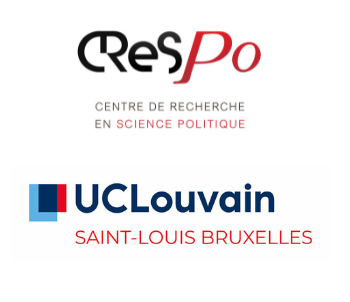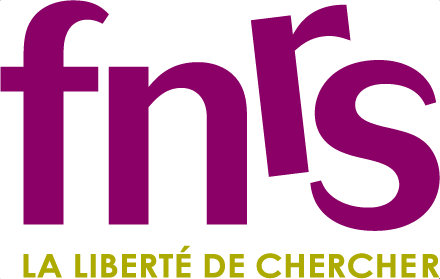Youth goals in Earth politics. Do youth actors bring change in global environmental politics?
Fonds de la Recherche Scientifique – FNRS Grant n° T.0020.21
January 2021 – December 2024
Humanity faces major global environmental problems. Climate change is already happening. Biodiversity is disappearing so quickly that scientists are now talking about a sixth wave of mass extinction. While global environmental crises intensify, policymakers struggle to put in place policies to mitigate environmental problems and adapt to their already profound consequences. Recently, a new category of actors has disrupted Earth politics: youth. From speeches at United Nations international conferences, to marches or strikes on all continents, the young generation is vigorously entering the political game to ask for change.
Yet, despite the crucial importance of these actions, in particular as young people represent our environmental and political future, we have no scientific knowledge of youth actors, their claims and their influence on global policy-making. This project aims precisely at exploring beyond the limits of today’s research by uncovering, assessing and explaining the conditions under which youth become actors in their own rights and change the political game. To do so, the project revolves around three research questions: (i) How is youth represented in global environmental politics? (ii) What are the priorities of youth actors and their potential for change? (iii) Under which conditions do they turn these priorities into influence on the political game?
The project will develop a comparative and empirically grounded perspective backed by innovative mixed methods, producing among others a comprehensive database of all youth actors in three global environmental politics priority domains (climate change, biodiversity and overarching architecture) and detailed case studies of their actions. By taking youth actors and their complexity and diversity as salient analysers of global crises, the project will lead to a revision of our understanding of the potential for change lying in the young generation.
- Youth Earth Events
- Youth Earth Projects Outputs
- Youth Earth Researchers
- Youth Earth Advisory Committee

